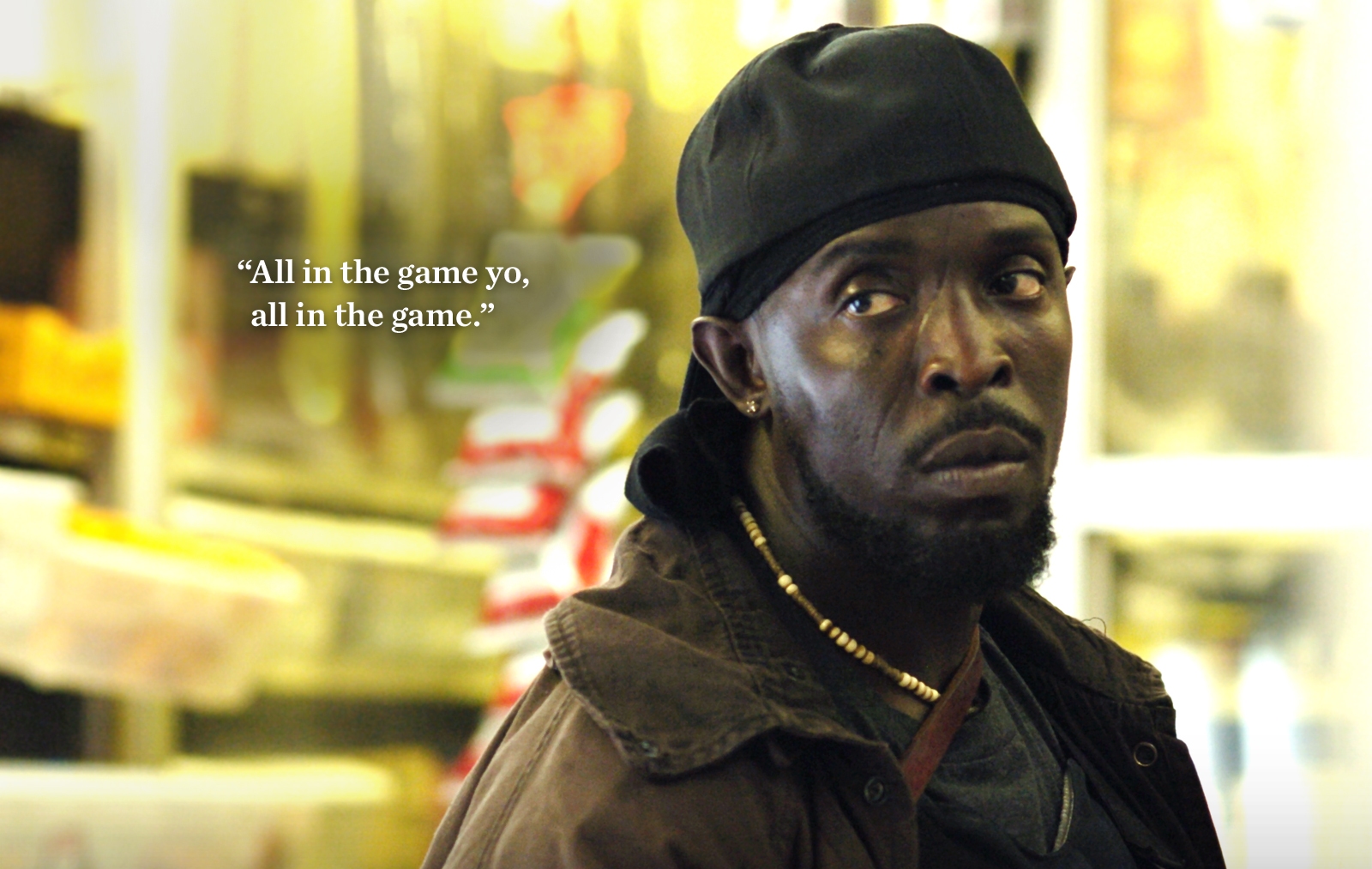Entries by Michael Atkins (1064)
Counterfeiting Found Inherently Fraudulent, Justifies Deportation
Counterfeiting again.
That’s three posts in a row, but who’s counting?
This time counterfeiting got the perpetrator booted out of the country.
In Rodriguez-Valencia v. Holder, the Ninth Circuit last week upheld a Board of Immigration Appeals’ decision finding petitioner Jose Rodriguez-Valencia removable from the country and denying his application for cancellation of removal.
Mr. Rodriguez-Valencia was convicted of “willfully manufacturing, intentionally selling, and knowingly possessing for sale more than 1,000 articles bearing a counterfeit trademark” in violation of section 350 of the California Penal Code. The BIA found the convictions constituted an aggravated felony as an “offense relating to … counterfeiting,” justifying the immigrant’s deportation to his home country.
Mr. Rodriguez-Valencia argued that the word “counterfeiting” in the statute was limited to counterfeiting money. He also argued the BIA needed to find that he had a specific intent to defraud.
The BIA disagreed, and so did the Ninth Circuit, which found that an intent to defraud is inherent in the type of counterfeiting in which Mr. Rodriguez-Valencia engaged.
“While there may be some counterfeiting crimes that do not require an intent to defraud, assuming arguendo that the generic offense of counterfeiting requires such an intent, California Penal Code § 350 ‘is an inherently fraudulent crime.’ Indeed, ‘[a]ll of the conduct punished by [California Penal Code] § 350, ‘willfully manufactur[ing], intentionally sell[ing], or knowingly possess[ing] for sale any counterfeit … mark, ‘involve[s] knowingly false representations made in order to gain something of value.’ Because ‘[t]he commission of the crime necessarily defrauds the owner of the mark, or an innocent purchaser of the counterfeit items, or both, we ‘have difficulty distinguishing such intent from a general intent to defraud.’”
The case cite is Rodriguez-Valencia v. Holder, 2011 WL 2899605, No. 09-72060 (9th Cir. July 21, 2011).
Counterfeit Apple Stores?
With The Wire Gone, It's all about Counterfeit Purses
 The Wire’s Omar: “All in the game yo, all in the game.”
The Wire’s Omar: “All in the game yo, all in the game.”
Maybe it’s because The Wire’s off the air.
And would it kill Richard Price to come out with a new novel?
What’s a trademark attorney to do these days but to live through gritty stories of hand-to-hand, buy-bust operations about … counterfeit purses!
I guess that’s why I found this NYT story interesting.
Starbucks Sues for Declaration of No Trademark Infringement Over SDN Mark
Starbucks Corp. has filed suit for a declaration of non-trademark infringement against South Dakota Network, LLC.
At issue is the parties’ competing use of SDN.
Starbucks uses the mark in connection with STARBUCKS DIGITAL NETWORK, its free in-store wi-fi connection.
Defendant South Dakota Network owns a number of federal registrations for SDN, including “Broadband communication services, namely, private line services, frame relay services, and asynchronous transfer mode services; Wireless broadband communication services; Providing high speed access to area networks and a global computer information network; Providing dedicated high speed access to a global computer information network; Dedicated long distance telephone services; Dedicated long distance and providing dedicated access to the Internet.”
The complaint alleges that “Starbucks’ use of the acronym SDN is only used as a shorthand reference to its Starbucks Digital Network website and is not used to promote wi-fi services or any services other than the Starbucks Digital Network website that is available exclusively to Starbucks in-store customers.”
The complaint adds that South Dakota Network sent Starbucks a number of cease-and-desist letters. The letters led to settlement discussions, which broke down, allegedly giving Starbucks a reasonable fear that it would be sued for trademark infringement.
Starbucks filed suit in the District of Nebraska, where it alleges South Dakota Network does business.
South Dakota Network has not yet responded to the complaint.
Associated Press story here.
The case cite is Starbucks Corp. v. South Dakota Network, LLC, No. 11-237 (D. Neb.).
An "Excellent" Example of a Descriptive Trademark
 EXCELLENT brand is an excellent example of a descriptive trademark
EXCELLENT brand is an excellent example of a descriptive trademark
Seattle’s Uwajimaya Asian grocery store is one of my favorite spots.
Besides being the place to buy soba, udon, and ramen, it’s a fantastic place to find descriptive trademarks.
Not that we’re running low on descriptive trademarks around town. After all, we’re the home of AWESOME TERIYAKI HAMBURGER, SEATTLE’S BEST COFFEE and, yes, SEATTLE TRADEMARK LAWYER. But I still dig seeing a company bust out a brand like EXCELLENT FLOUR STICK.
If its slogan of “Once Tasted, Ever Wanted….!” is any indication, I’d say it has established secondary meaning.